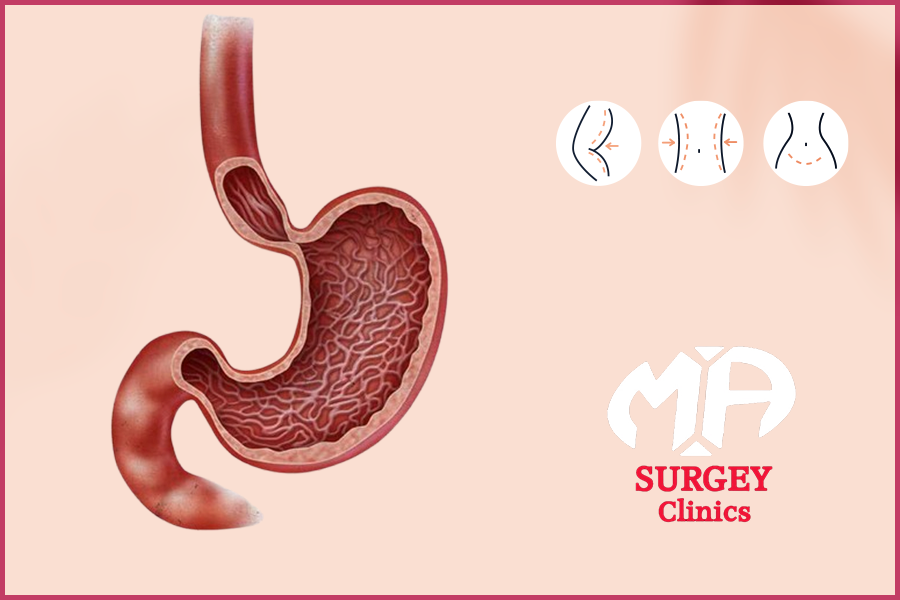Laparoscopic bariatric surgery
These are surgical procedures performed on people who have undergone previous bariatric surgery but did not achieve the desired results, whether due to insufficient weight loss, weight regain, or complications.
When is it used?
✔️ Failure of the previous surgery to achieve the desired weight loss.
✔️ Weight regain after a period of time following surgery.
✔️ Complications such as reflux, intestinal obstruction, leakage, or severe malnutrition.
Types of revision surgeries:
1️⃣ Revision gastric sleeve: The stomach is narrowed again or converted into a gastric bypass.
2️⃣ Revision gastric bypass: The gastric bypass is modified or converted into a mini-gastric bypass to better reduce malabsorption.
3️⃣ Revision gastric banding: The band is removed and the procedure is converted into a sleeve gastrectomy or gastric bypass to achieve better results.
Benefits:
✔️ Improved weight loss and health outcomes.
✔️ Reduced side effects or complications from the previous surgery.
✔️ Improved quality of life for the patient.
Possible Risks:
⚠️ Surgical complications such as bleeding or infection.
⚠️ The possibility of not achieving the desired results without adhering to a healthy diet.
⚠️ Recovery may be slower compared to the first surgery.
The appropriate type of correction is determined after a careful evaluation by Dr. Mohamed Abdel Khaleq based on the patient's condition and the type of previous surgery.


